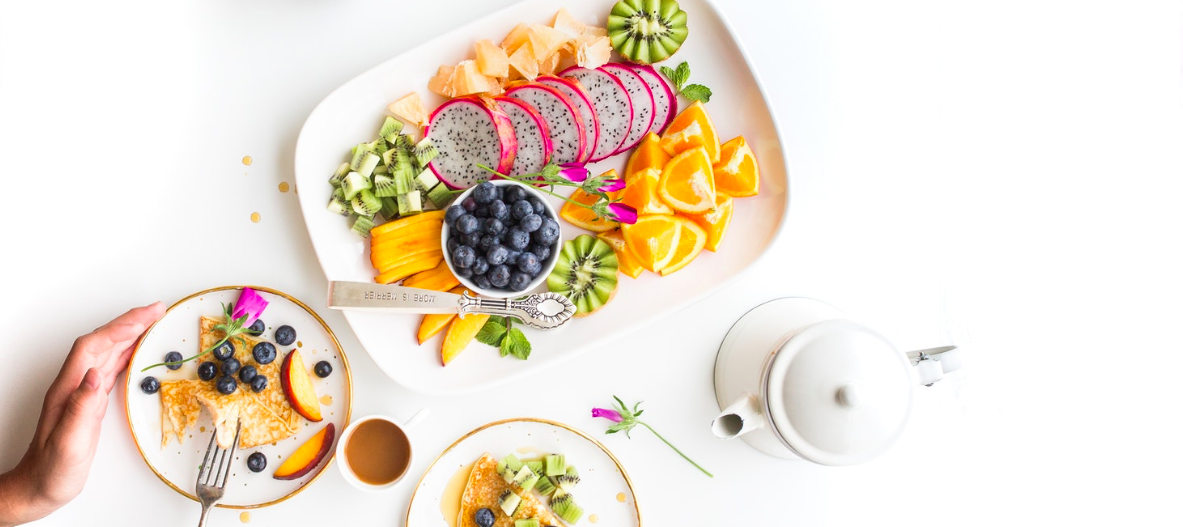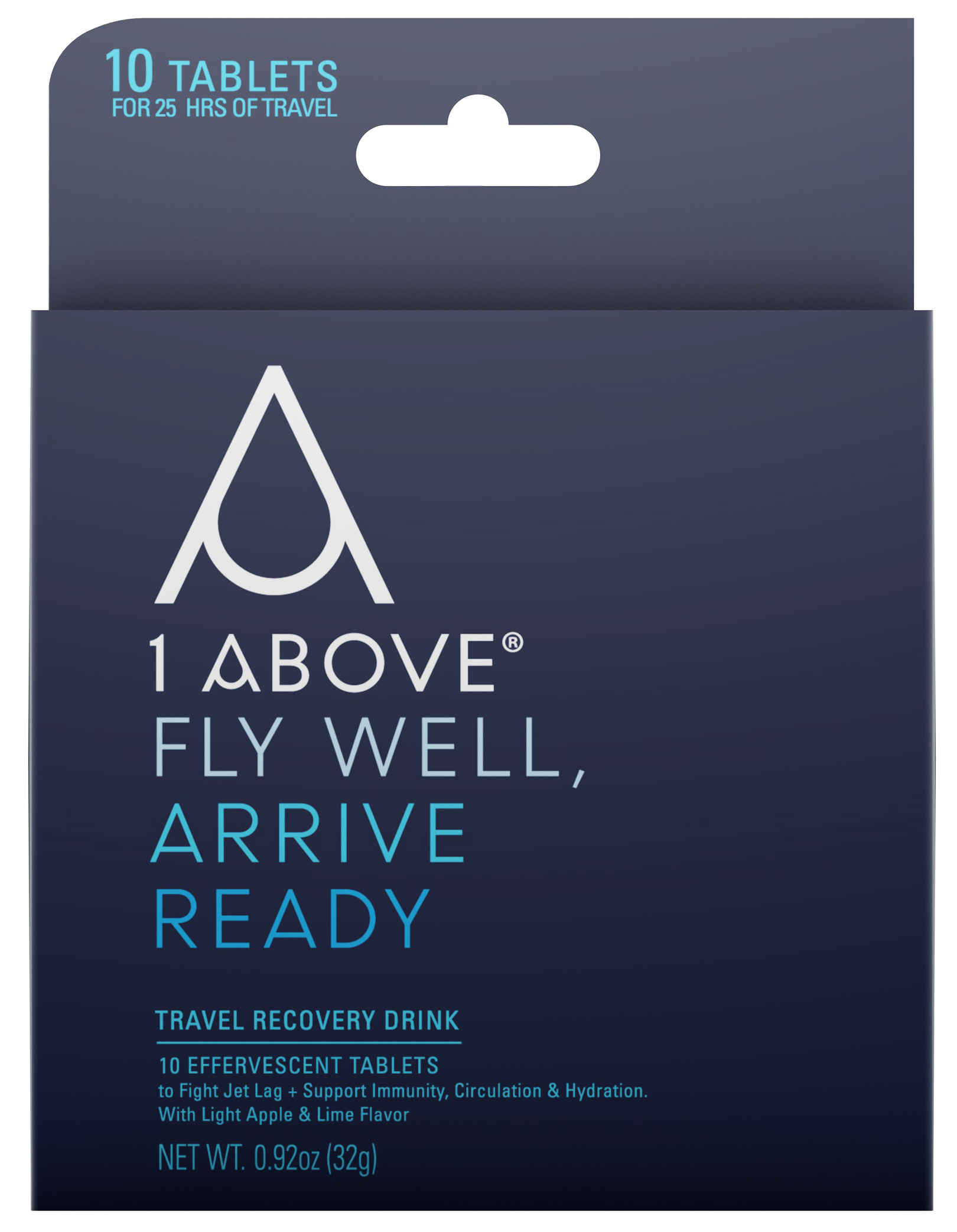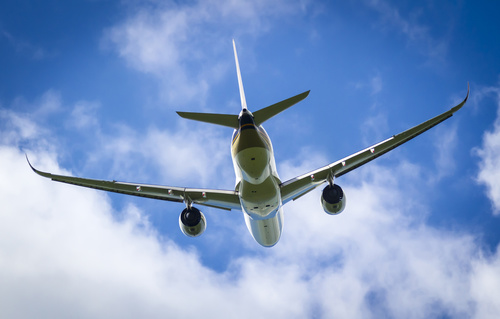Flying takes its toll on the body, but there are steps you can take to recover quickly.
The cabin environment affects your body, disrupting hormones, digestion, and circulation which weakens your immune system and leaves you feeling bloated, tired and run-down.

Try following these 10 tips when you next fly to help speed up your recovery.
- Order a special dietary meal with your airline– Research what your airline offers, which may include low salt options. Salt hardens your arteries (which need to be elastic to help your blood circulate) and can cause high blood pressure and swelling – neither of which you want when flying! Pack a small herbal salt alternative which contains seaweed and kelp which is a much better nutritious alternative to help with taste at altitude, but not effecting circulation. Choosing the gluten free meal is another excellent choice to reduce additional inflammation or swelling in the body and help to aid digestion at altitude.
 Stay hydrated – Take your own refillable water bottle on board plus 1Above, which contains Pycnogenol (pine bark extract) and encourages nitrous oxide production, which in turn relaxes blood vessels and arteries. Adding beetroot juice before and after you fly will also support the production of nitric oxide which increases energy and blood flow, thus improving circulation.
Stay hydrated – Take your own refillable water bottle on board plus 1Above, which contains Pycnogenol (pine bark extract) and encourages nitrous oxide production, which in turn relaxes blood vessels and arteries. Adding beetroot juice before and after you fly will also support the production of nitric oxide which increases energy and blood flow, thus improving circulation.
- Eat enough fibre – Ensure you diet always has enough soluble fibre (beans, lentils, brown rice) as you will then be four times less likely to experience circulation problems when you fly.
- Reduce your sugar intake – Sugar depletes minerals and lowers immune function, which can be extra challenging in an airless cabin where bacteria and viruses can spread so quickly. Skip the desserts and any soft drinks which can affect circulation and cause inflammation.
- Increase your garlic consumption – Eat more garlic during the week before flying – it’s anti-bacterial and anti-viral, and therefore thins the blood naturally.
- Ensure your diet includes silica rich foods – Lettuce, celery, oats, parsnips and millet help strengthen the arterial and vein walls. Look out for a mineral water which naturally has higher levels of silica, for example the local water brand Fiji.
- Eat before you sleep – Have a light, healthy meal when you arrive to help you sleep, otherwise low blood sugar can cause you to wake in the middle of the night. Consume foods which can help calm you down and aid restful sleep when you reach your destination. Turkey, avocado, bananas and cottage cheese are good choices.
- Move around – Walk and stretch as much as you can on board and during the transit. When you get to your destination although you feel may feel tired take a brisk walk, this warms the blood and relaxes the arteries.
- Take a skin brush with you – Use the brush in the shower at your destination, working upwards from the feet towards the heart. Try and do this daily whilst away.
- Take Epsom salts with you – Have a bath with Epsom salts at your destination before you sleep. They contain magnesium sulfate which relaxes the nervous system; travel reduces the body’s magnesium stores so this is an excellent way for the body to absorb this stress reducing nutrient through the skin.
@NutriAviation
www.theaviationnutritionist.com
www.be1above.com and available at all New Worlds, PakNSaves, BP and Caltex.








 By
By 
Join the Discussion
Type out your comment here:
You must be logged in to post a comment.